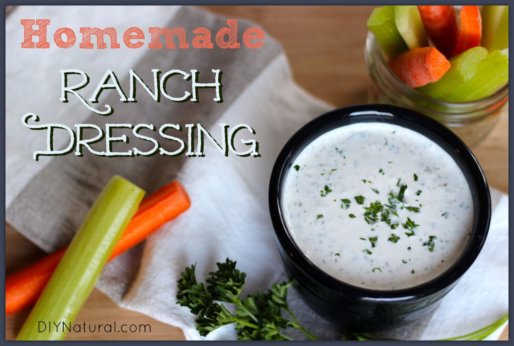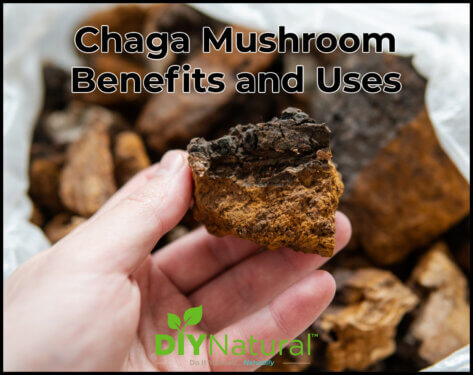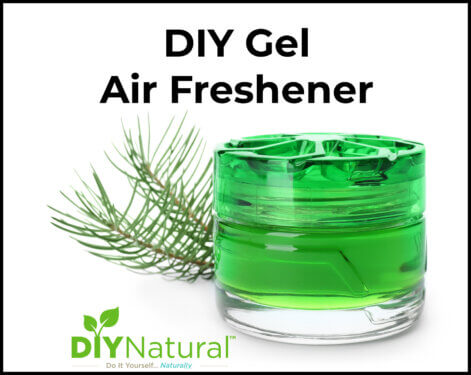Do you know where your food comes from?
It is somewhat of a mealtime ritual in our house to look at our plates and list where each ingredient came from. Right down to our butter and herbs, we can usually name the farmer we bought from, a spot in the garden it grew, or how it was preserved in our kitchen. I assure you names like Chef Boyardee, Betty Crocker, and Uncle Ben don’t come up during this fun little exercise. We don’t know them, so we don’t trust them with our food.
You will hear us talk a lot about getting as close to your food sources as you can. This means shying away from prepared foods, getting a lot pickier with your ingredients, spending more time in your kitchen, and doing a little leg work to find local sources you trust. Don’t stop until you can actually TALK to the person who is directly growing, raising, or making your food. When you can’t get this close to your food and you can’t make it yourself, find out which stores sell organic products at a fair price and educate yourself on products that can safely be eaten without an organic label.
Our meals… piece by piece
We call it dissecting our meals. We look deep into our dishes, naming each ingredient that went into its creation. We talk about where ingredients came from, whether they are homegrown or store-bought, organic or not, and whether it’s a meal we can feel good about eating.
Tonight we had homemade baked ziti with meat sauce. The meal dissection goes a little something like this:
- noodles – whole wheat organic pasta, store bought (find organic sprouted pasta here)
- ground beef – from a grass fed, hormone-free, antibiotic-free cow raised by a local Amish farmer/friend (Wilbur) and butchered to our specifications
- cheese – also purchased from Wilbur
- sauce – homemade with…
- tomatoes – grown by a local organic farmer and canned by us
- carrots – organic (store bought)
- onions – organic (store bought)
- garlic – grown by our Amish farmer/friend, Wilbur
- butter – purchased from Wilbur, made by his neighbor
- flour (for the rue) – whole wheat, organic from a local organic farm
- basil – grown organically in our own garden & dried in our basement
- oregano – grown in a friend’s garden & dried in our basement.
We were happy with the results of this dissection. (Sometimes it even makes us a little giddy when we can name such healthy ingredients!) When we can’t grow our own or purchase from someone we know, we buy organic when it matters.
Buying organic matters, for starters, because GMOs, harmful pesticides/chemicals, or antibiotics/hormones may have been used. When it comes to produce, the EWG (Environmental Working Group) has put together a few lists that come in handy during shopping trips. They have identified the Dirty Dozen (12 foods that are traditionally grown with the most pesticides/harmful chemicals and should be purchased organic) and the Clean Fifteen (15 of the foods that are grown with the least amount of pesticides/harmful chemicals). You can download a PDF or install their app on your smartphone for a convenient shopping experience.
An intimate relationship with your food
If you are growing your own or purchasing food directly from farmers, you have access to information about what was used to grow the food or raise the animals it came from. You can ask the tough questions… the ones you have the right to ask since the food is going into YOUR body. You can avoid food that has pesticides, hormones, or harmful chemicals that will eventually affect your health.
Matt and I cherish the relationships we can build with people while we’re working to build a more intimate relationship with our food. We have met so many interesting people and benefitted from the wealth of knowledge that comes with knowing them. We receive special treatment from farmers as we get to know them. We might get a taste of things that aren’t available to others. We get the inside scoop, the extended shopping hours, and even free produce from time to time. We have learned gardening secrets from farmers that took them years to discover, visited their farms, and met their families. Priceless, indeed.
I enjoy a certain peace of mind when I know the details about what’s on my plate. I have enough things on my proverbial plate to worry about… food doesn’t need to be one of them.
How about you
Everyone defines a healthy meal differently. Our bodies and beliefs are all different. The important thing is that you are doing the best you can to eat responsibly and support the people who are growing responsibly. Vote with your dollars!
Try a meal dissection this week. How much do you really know about the food on your plate? Can you dissect a meal and feel confident about its ingredients?
*******



Getting closer to our food sources is great but there is that little barrier of PRICE. I have found that I need to go without other things in order to afford food that is more ethically grown or raised. I do that b/c it’s a priority for me, but for other people it’s just too far out of their price range. 🙁
Hopefully in time the more we buy will drive the market prices down a little on things like organic grass fed beef and organic veggies to make them more attainable for people on fixed incomes!
We have actually found that when we can buy our organic/ethically grown food directly from the farmers it is much cheaper than purchasing it at the store. This is one of the reasons it has been so important for us to build relationships with the people who are growing food the right way in our area. We also buy in bulk whenever possible to cut down on cost, and purchase things on sale that we can freeze or pressure can for later.
You are right though…we are voting with our dollars and I think there will be more and more available at competitive prices if we keep at it!
You’re both correct in a way. If you shop at health food stores for everything, you’ll spend more. If you grow your own, shop from farmers, and buy organic in bulk, you’ll save more.
Our 1/4 cow (grass fed) was 125 lbs of beef and included burger, roasts, and steaks – it cost just over $3/lbs (you can’t even get a pound of grass fed burger for that cheap at the health food store, let alone steaks).
It’s exciting for me when I share how eating healthier actually saves us money, but it’s all about forming new grocery habits.
Matt, how does a person shop from farmers when they live in the city or an urban area? For instane I live near San Bernardino, California. I can source local meat and produce growers out here? I could see if I lived in Bakersfield rf Visalia, but…
LocalHarvest.org shows several farms within 15 miles of San B. Check em out.
BlogShag thanks you kindly for this information!
Have you already established local sources for meat/produce since your move? I cheated when I last moved – I moved closer to my beef sources!
We still have a freezer full of meat from our last house, but we are quickly finding some local options for meat and produce. There is SO much more available in our new area!
I enjoy reading your tips and working towards eating healthy! Can you do an article on coffee please? I have been wondering about the difference between buying something like Maxwell House from WalMart and whether it has pesticides and which coffee we should buy. We always buy 1/2 caffeine so that is hard to find. I would greatly appreciate any information you have!
Sincerely,
Lori
I’m not a coffee drinker, but I bet Matt would love to share his expertise on coffee! 🙂
Hi Lori, I’m definitely a coffee connoisseur. When conventionally raised (not organic) it has very high levels of pesticide so I ONLY drink organic, whole bean, fair trade coffee. It’s about twice the price but it’s more than 10 times better, and buying coffee of this kind supports the foreign growers who are doing it right. I also buy whole bean coffee and only grind enough for 3 days, otherwise it looses it’s kick. I’ll see about doing an article on the subject, it is definitely needed so thanks for asking.